IndieBio: Creating the Future of Food
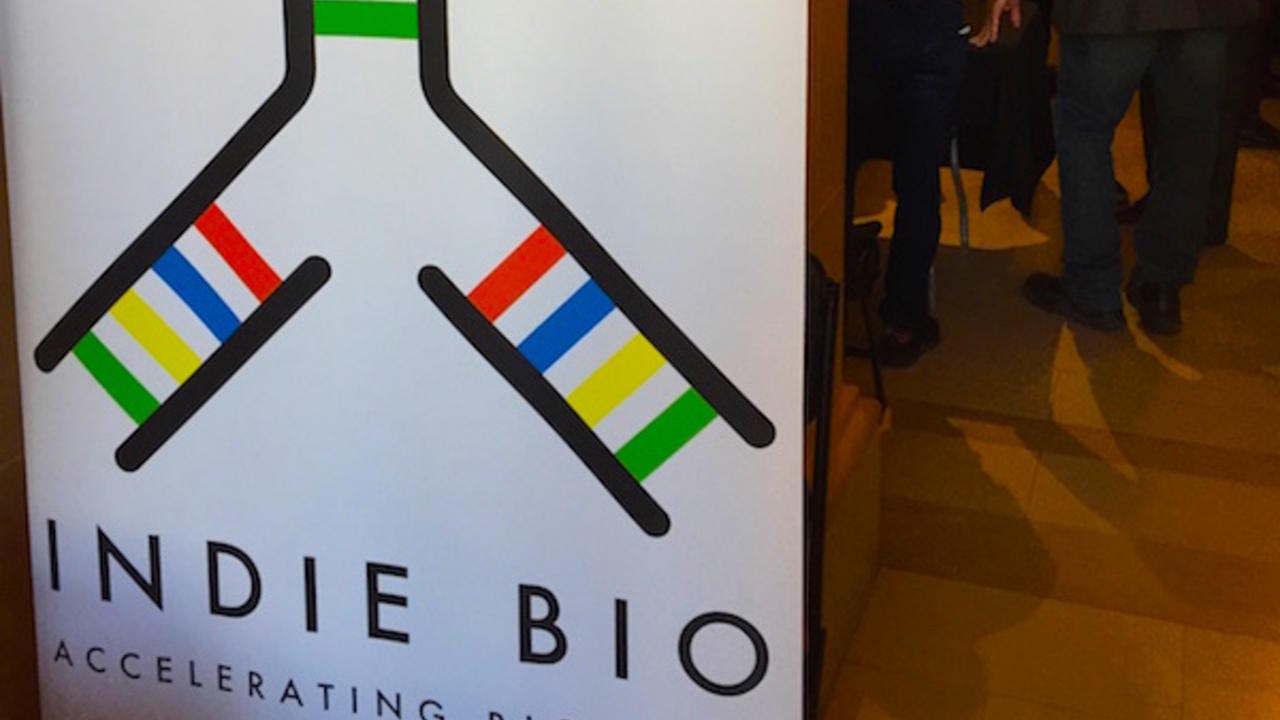
In November, IndieBio presented the next generation of biotech.
IndieBio is a world-leading life science accelerator based in San Francisco, California. Backed by SOS Ventures, IndieBio invited the world to meet its 7th class of startups at their Demo Day. For the last 4 months, these startups worked out of IndieBio’s lab space learning how to transform their science into viable businesses.
From innovative treatments to new medical devices, IndieBio’s Demo Day showcased a variety of startups looking to change the future of healthcare and sustainability. Including IndieBio’s latest cellular agriculture company.
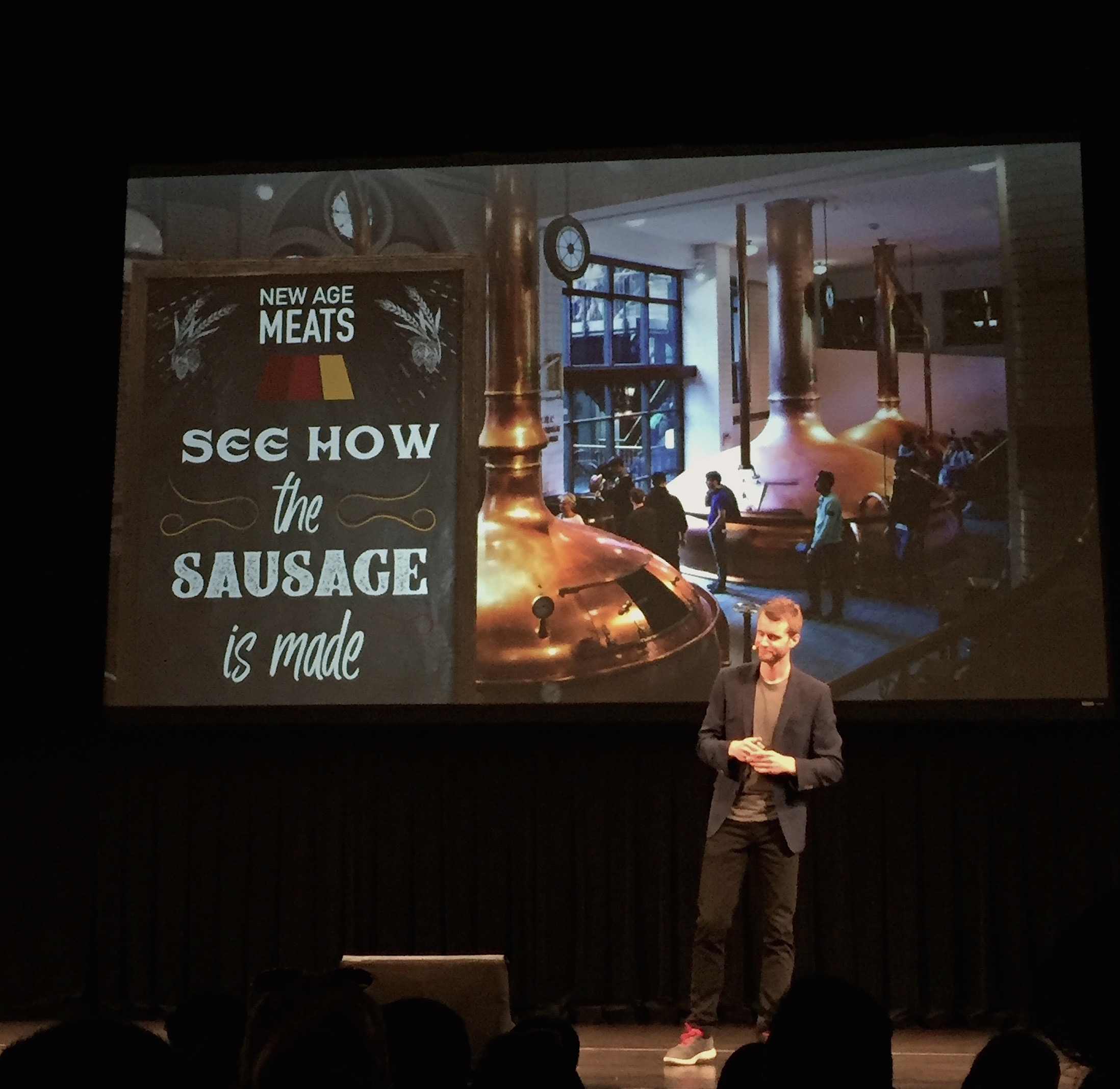
New Age Meats co-founder Brian Spears presents the future of food
New Age Meats is a new startup looking to bring the best practices in automation and data science into cell ag to help scale production. In September, New Age Meats showed that by presenting the first public taste test of a cell-cultured pork sausage. Just 2 months after starting at IndieBio.
IndieBio’s history with cellular agriculture goes further than New Age Meats and back to their first class of startups. Beyond growing and supporting new cell ag startups, IndieBio’s role helped commercialize the entire field.
IndieBio helped build the future of food.
I had the opportunity to speak to Arvind Gupta, Founder of IndieBio and General Partner of SOSV, after Demo Day to learn more about how IndieBio first got involved with cellular agriculture and how he sees the future of the field.
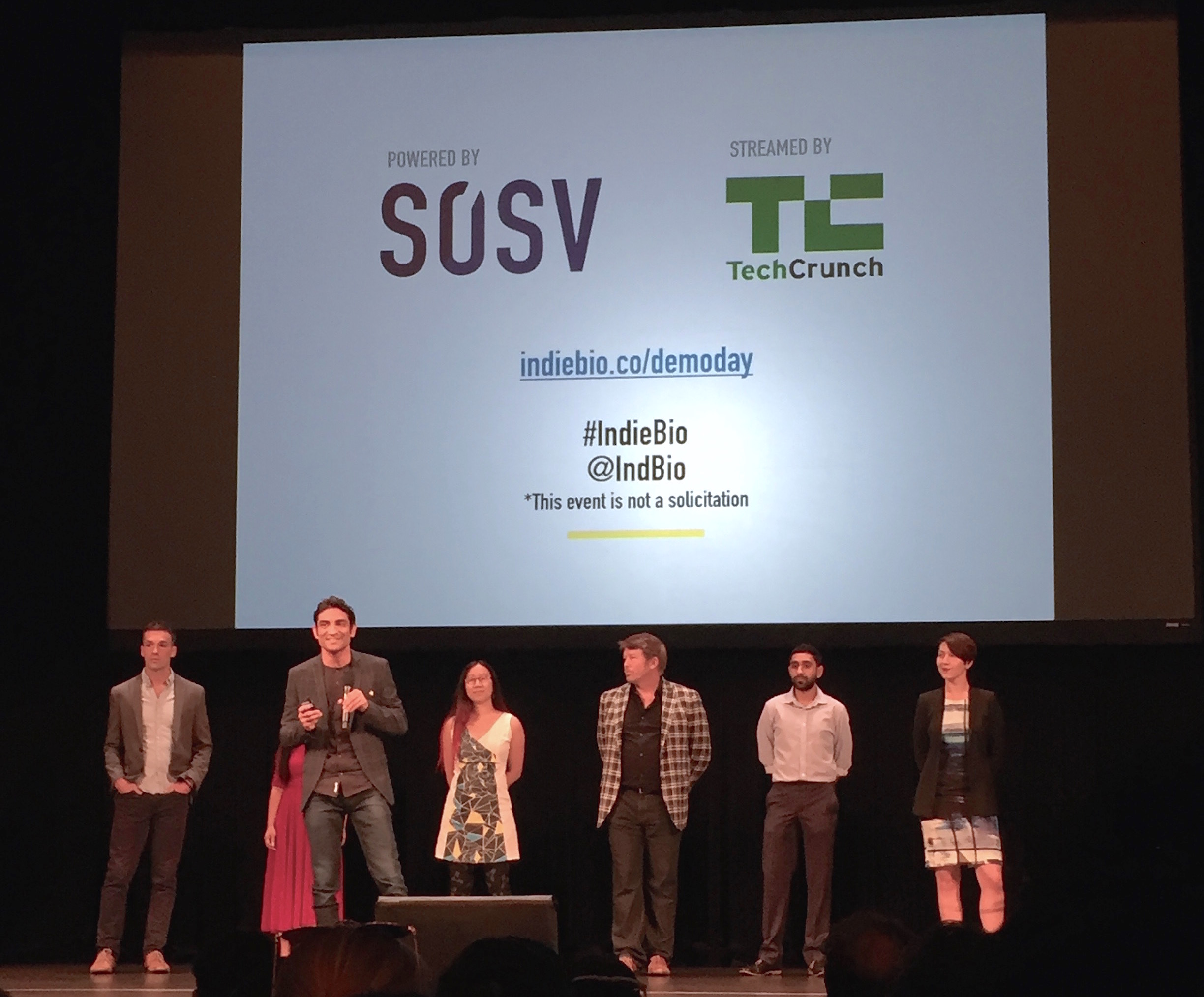
Arvind Gupta, front, starts off IndieBio's Demo Day
It All Started with Clara Foods
When founding IndieBio, Gupta was not specifically interested in growing animal products from cells. “One of the reasons I started IndieBio was trying to solve world-size problems through biology. The food supply chain was one of them. I started with a hypothesis that you could fund science cheaper and faster with small amounts of money. What I didn’t know is who would apply [to IndieBio].”
That all changed with Clara Foods.
Clara Foods is a company that uses cellular agriculture to grow animal-free egg white. By designing yeasts to produce the same egg white proteins found in eggs from a chicken, Clara Foods could make the same egg proteins. Without needing the chicken.
Clara Foods applied to be a part of IndieBio’s first class in 2015. “[Co-founders] Arturo [Elizondo] and David [Anchel] applied with an idea on paper to make egg whites without the chicken,” Gupta shared. “It was biologically a very simple plan. There was no risk in the biology. The risk was really in the market. And the market size and the problem [Clara Foods] solved was huge.”

Clara Foods presented animal-free meringues at IndieBio's inaugural Demo Day
In spite of concerns over whether people would want cell-grown foods, Clara Foods went on to raise its seed round of $1.75 million during IndieBio with their innovative approach to animal-free egg white.
“I realized that we could actually take the parts that we would eat from an animal and recapitulate them with just the parts and not the animal.”
Onwards with Memphis Meats and Geltor
After Clara Foods in IndieBio’s inaugural class, were there going to be any more cell ag startups coming through the program?
Memphis Meats joined IndieBio’s second class in 2016 as the first company to make meat via cellular agriculture. As the first startup to grow cell-cultured meat, Memphis Meats developed their protocols and methods in the IndieBio lab space.
Gupta pointed out that “Memphis Meats made the first [cell-cultured] meatball in the back corner in our tissue culture room.” Soon after, Memphis Meats became the first company to produce cell-based poultry, including both chicken and duck meat. Without requiring animals.
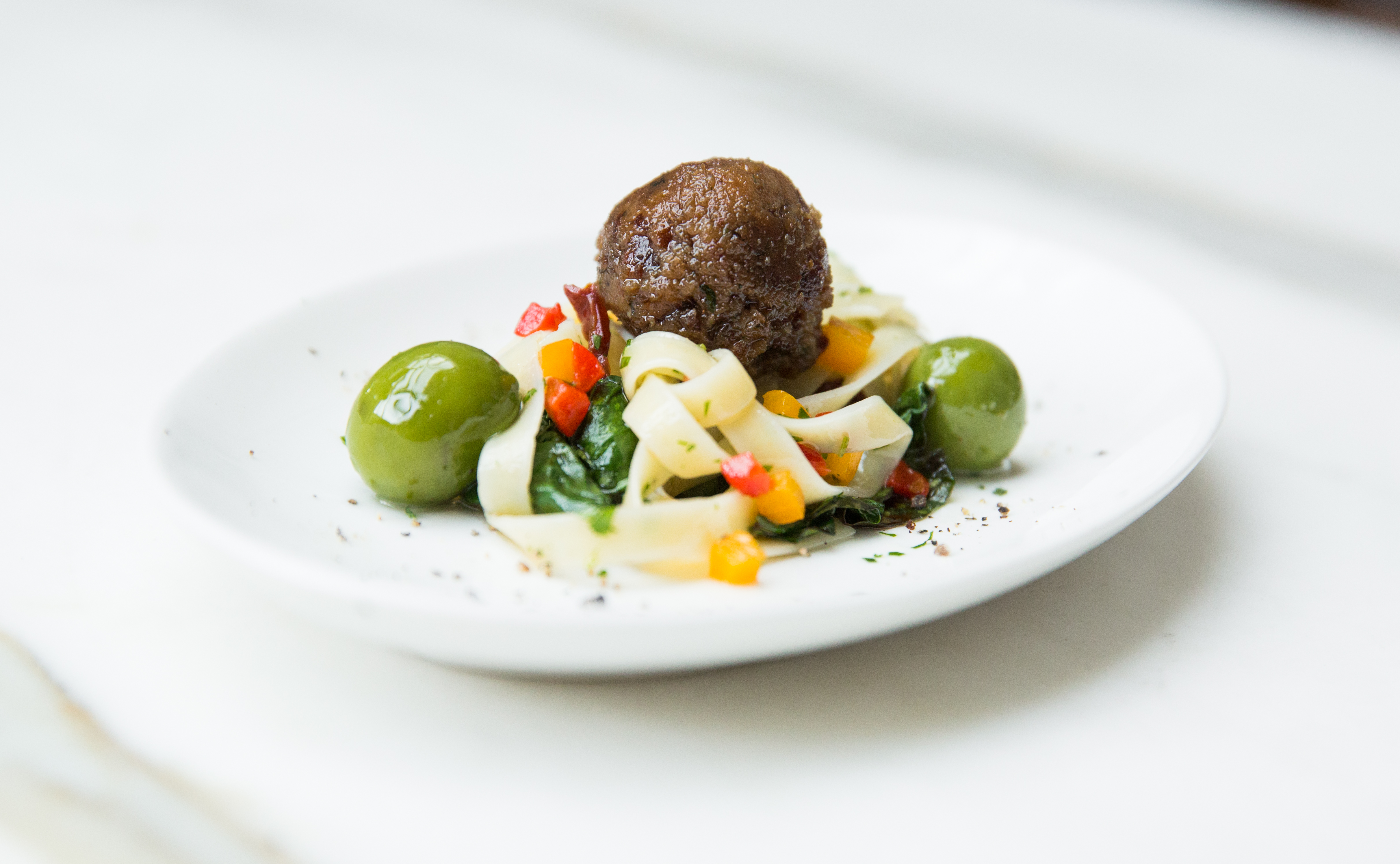
Cell-based meatball by Memphis Meats
At the same time as Memphis Meats, Geltor also joined IndieBio looking to find a way to apply their unique platform.
“Geltor really had a different approach,” Gupta explained. “They had a bacterial platform for producing protein. And the question was: what should they produce? We didn’t take it for granted that it would be food. After looking at all the proteins and doing a potential product review, we settled on collagen.
“Collagen (and gelatin) gives you multiple price points at different purities. That allows you different markets to enter and get to revenue faster.”
It came as no surprise then for Gupta and IndieBio that Geltor became one of the first cell ag companies to have a product on the market: N-Collage, a collagen product for skincare use. In May, Geltor’s N-Collage won the CEW’s Award for Innovation for 2018. The CEW Awards is one of the beauty industry’s top awards, and it’s promising that Geltor’s first product earned them recognition through the industry.

Geltor's collagen. Without requiring animals.
“Why Should We Do Another One?"
A company producing egg white, one producing animal-free collagen, and another making cell-based meat. Gupta thought that IndieBio was done with its cell ag phase, especially companies looking to produce cell-based meats.
“I’m less interested in funding cell-based meats, unless there is an extremely compelling new approach. We already have Memphis, why should we do another one?”
The following year in 2017, Finless Foods was accepted into IndieBio’s accelerator. Founded by Mike Selden and Brian Wyrwas, Finless Foods uses cellular agriculture to produce animal-free fish meat from only fish cells. Cell-based fish offers a sustainable solution to meet global fish demand without further depleting global fish populations.
Most recently, New Age Meats was accepted as part of IndieBio’s 7th class of startups. And Arvind initially didn’t want them.
“I didn’t want to do just another cell-based company. We already have Finless, we already have Memphis. Why should we do another one?
“But New Age had such a good team and such a good mindset and a new technological approach that we ended up funding them. And thankfully, because they went on to make product in a month and a half, the fastest we’ve ever seen. And then fed it to reporters who wrote glowingly about it. It’s remarkable.”
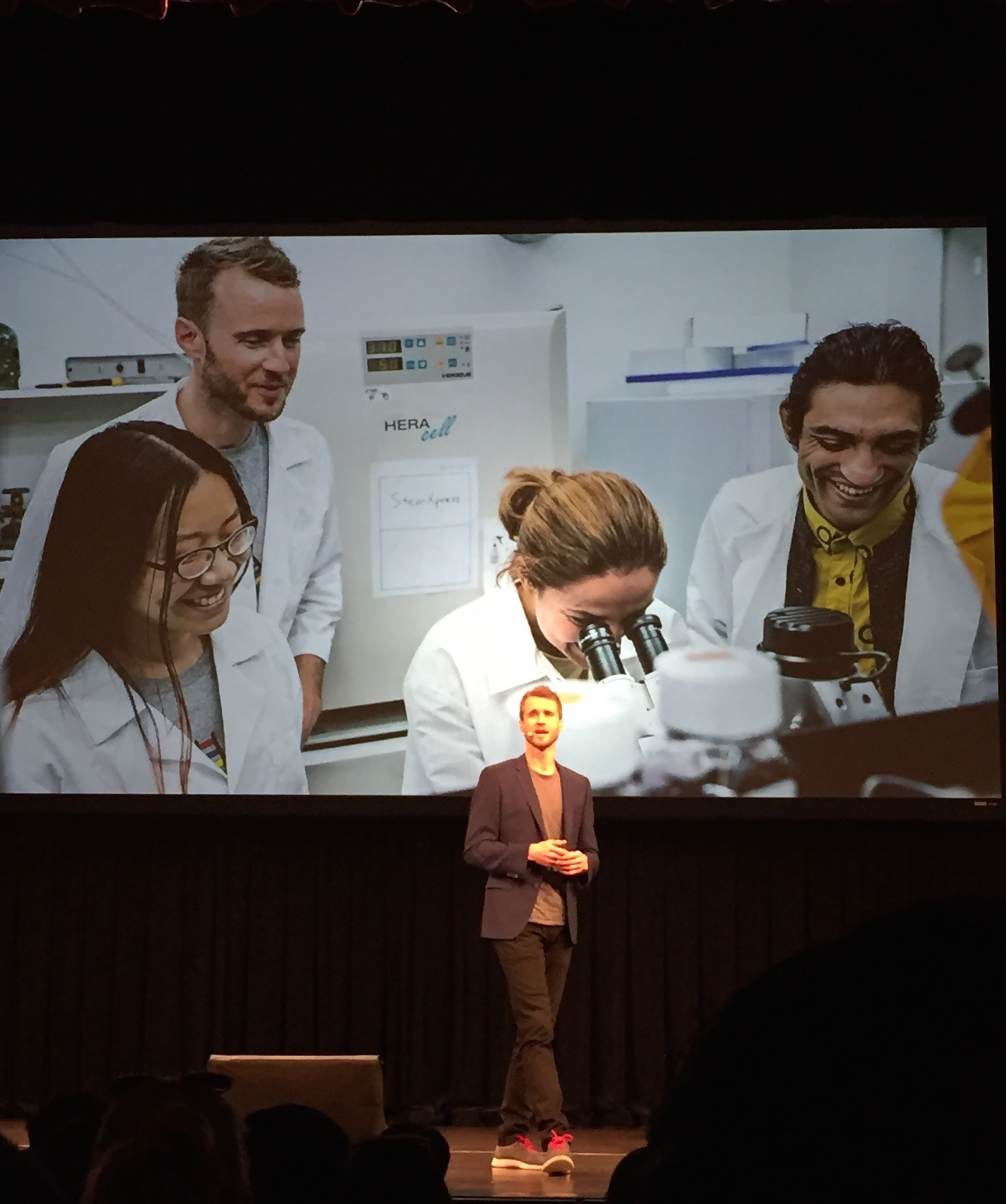
New Age Meats co-founder Brian Spears presents during Demo Day
For the moment, Gupta revealed that it would be hard for IndieBio to do another cell-based meat company, unless they have truly advanced the science. For instance, cost effectively removing FBS, understanding the core growth factors in cell differentiation, pushing the Hayflick limit of cell density, structuring muscle at scale and pushing the nutritional science of cell-based meats are outstanding problems they are looking to solve.
“If You're in Iowa, You're going to have fresh fish"
Gupta was confident that the number of companies in the cell ag space will continue to grow along with investor interest in the field.
“It’s always important to investors when they can see the creation of a new industry, or the toppling of an old one. When you think about the food supply chain, it completely changes if you could produce food through cell ag, because you also eliminate distribution networks.
“It’s not just taking away the cow. You don’t have farmlands that are required to support them. You don’t need trucks to take beef from the slaughterhouse to the grocery store. All of that goes away. It becomes a local type of distribution model.
“When you start thinking about this type of change, it becomes something investors get extremely excited about, because there’s multiple disruptions. Every Econ 101 class will tell you that when you consolidate a fragmented industry, you earn obscene profits and that’s no different with cell ag.”
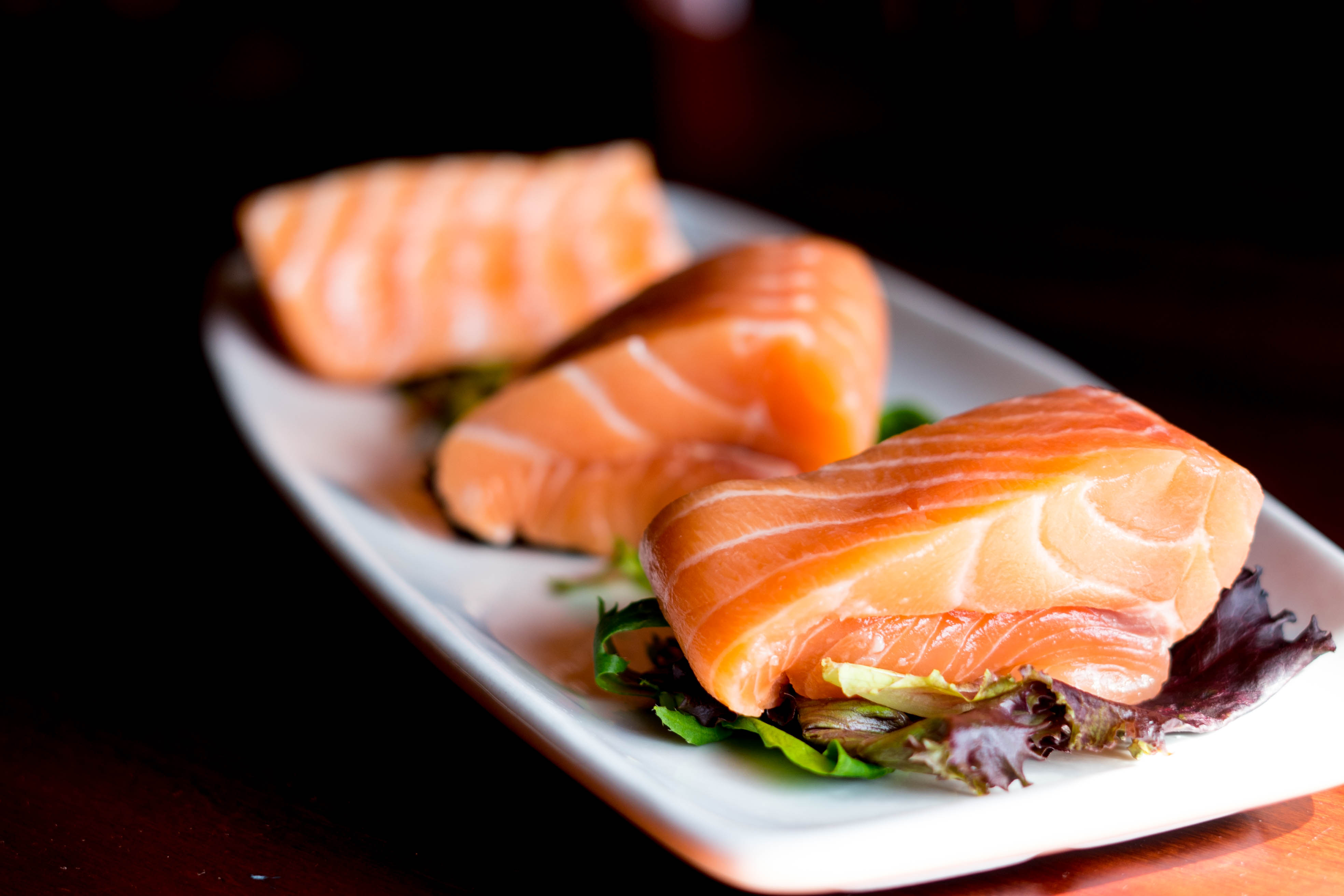
Where will fresh salmon come from in the future?
Gupta’s key example of how cell ag can disrupt the food supply chain was seafood. “Think about fish. You’ve got fisherman going into the ocean. Those fishermen go to the docks, and then you have dock workers that unload the fish and hand it off to the local distributors. That local distributor then sends it to Whole Foods, or the restaurant. You have all those chains that, again, will go away.”
Cell ag would allow for fresher seafood in landlocked areas by locally producing it. “If you’re in Iowa, you’re going to have fresh fish.”
A Future of New Choices and Palettes
Just across the bay from San Francisco, Berkeley has become an unofficial ‘cell ag district’ where many startups in the field are based. And IndieBio is one of the reasons why.
From Clara Foods in their first class to Memphis Meats and Geltor in their second batch, IndieBio helped pioneer the cellular agriculture movement in San Francisco and build the future of food.
When asked what the future of food will look like, Gupta doesn’t believe cellular agriculture will replace animal agriculture entirely. “The answer is more choices,” he explained, “which is wonderful.”

Closing remarks by Arvind Gupta at Demo Day
“Are people going to stop fishing? No. People will not stop fishing. Will we take the pressure off of overfishing? Yes, we will take the pressure off of overfishing. We’ll give access to high quality adult protein to far more people on the planet, and that’s going to be a very important turning point for humanity.”
The choices may even go beyond cell-based products. “We’ll have access to cell-based meats. We will also have access to plant-based and myco-based proteins.”
These emerging foods may even lead to whole new types of cuisines. “We’re going to create new flavors and things like that. I think world cuisine will continue to remix with these new flavors and textures.
“I think that’s going to give us new palettes in the next fifty years.”
Until then, IndieBio and Gupta will continue to support new startups building the future of biotech and food.
“If you are starting a startup in the food space, please feel free to contact me and IndieBio!”
_
To apply to IndieBio visit www.IndieBio.co/apply
Stay connected with CellAgri
Join our mailing list to receive the latest news and updates weekly from the cellular agriculture industry. Your information will not be shared.



